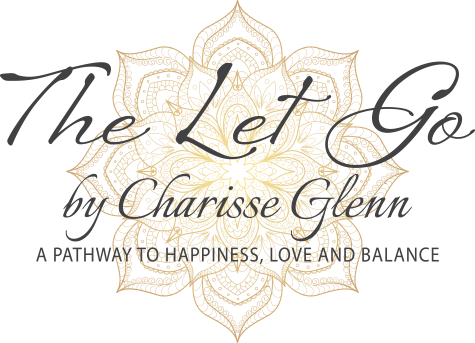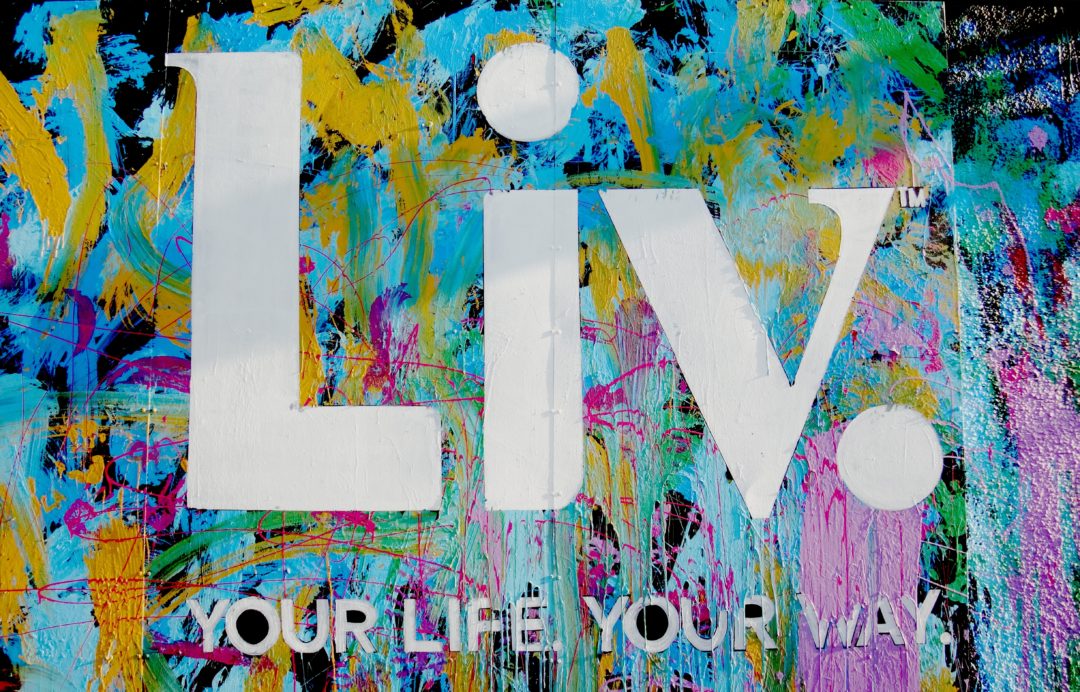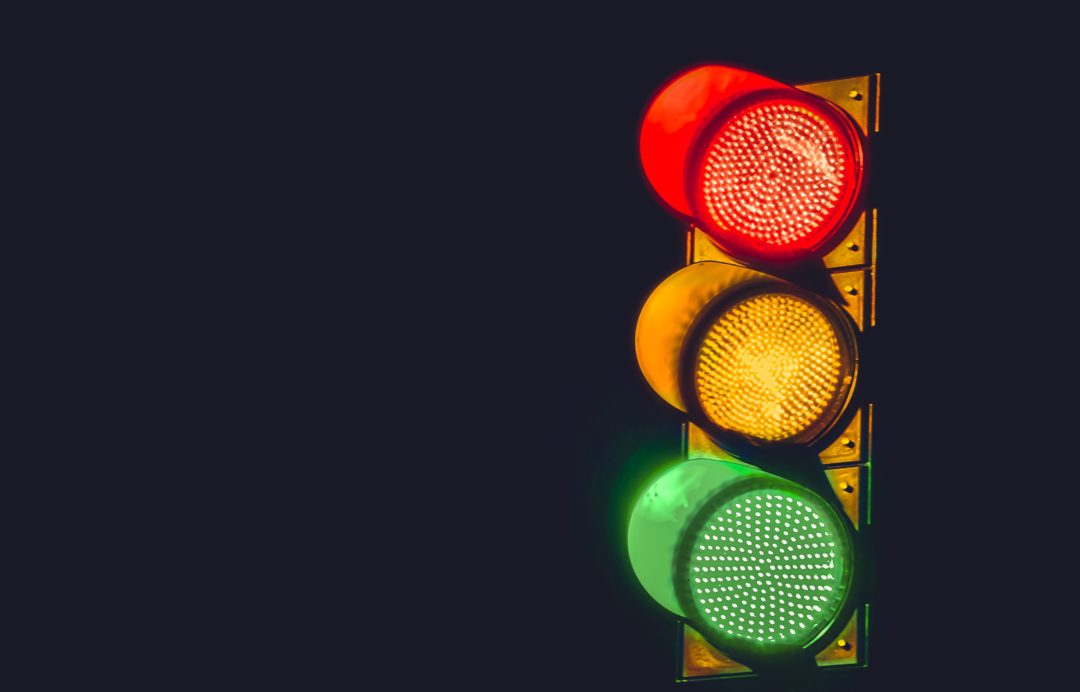While you’ll feel compelled to charge forward it’s often a gentle step back that will reveal to you where you and what you truly seek.
~
Burnout can happen to anyone. And unfortunately, we have become a society where it is a badge of honor to overdo. We believe being hard on yourself is the way to be. But, while we strive for excellence, is it at the cost of our mental and physical well-being?
Before we get to the breaking point, it’s important to recognize when it’s healthy to feel like doing nothing or if the exhaustion is a sign of something to explore.
Burnout can sometimes occur because of depression and anxiety disorders. And because some of the symptoms are similar, it’s essential to understand the difference. Burnout typically is work-related, whereas depression can be in all areas of one’s life. People with burnout don’t always have depression, yet it could lead to depression in some.
Recognizing the signs we are getting close to that limit is essential for a balanced, productive, and joyful life. Though our thresholds vary, we all have tipping points. So, how do we know when to take a timeout?
Signs of Burnout
General apathy. We are exhausted all of the time, both physically and mentally zapped.
Our attention is scattered. We feel restless and have trouble concentrating on the simplest tasks.
Isolation. We want to withdraw into our world or are feeling alienated from others.
Short Tempered. Activities that once brought delight now fail to hold attention. We have become overly irritable, cynical, impatient, and pessimistic.
We chronically feel unwell. Sore throats, headaches, muscle aches, or catching every bug floating around are signs that our immune system is lowered. Frequent illness may be a symptom of being overly stressed.
The desire to self-medicate. Pouring ourselves a cocktail because we “really need it,” or we find the urge to reach for a particular substance more often than usual. Thoughts of this escape dominate the day, and it may interfere with other social interactions.
How to take a Pausitive Timeout
First:
Decide you want to find a balance in life. It requires a change in your mindset. Ram Dass speaks about burnout as a state of mind necessitating an adjustment to how we process our thoughts.
For some people, letting go of the pressures that keep us going can result in feeling guilty. Guilt is a powerful emotion that can take control. Find professional help if you are finding it difficult to rid your thoughts of this.
Acknowledge it’s okay to chill. It’s also OK to stop and realign priorities or alter your course completely. Often, clarity comes to our lives when we slow down and stop. The pause is positive. Stop, look, and listen to see what is next for the journey.
Commit to yourself that your well-being outweighs those persistent thoughts that tell you to do more.
Redefine what success means to you. What do you want in life? For example, if you reach financial goals yet lack fulfillment with family and relationships and are materially abundant but spiritually empty, success without satisfaction is not success.
Find ways to delegate some responsibilities. Not everything we do needs 100% attention each moment. Discerning how we can triage the necessities while maintaining the integrity of our commitment is integral to preventing burnout.
Next:
Turn off electronics and go outside into nature. Less noise = less stress. Less rushing = less anxiety.
Enjoy family and friends’ time to reset.
Find your inner focus. Meditation, breathing techniques, tai chi, and yoga are a few ways to create a positive timeout.
Signs you are on the Right Track
Your self-awareness has changed. You are better at shifting your focus, stopping the urges to overdo, and feeling satisfaction in taking timeouts, enjoying quiet time, or having fun activities away from your obligations.
Your impulse to overdo has decreased. Instead, it has been replaced with increasing pleasure in not doing, and it no longer feels like a betrayal to yourself to relax.
Taking a pause is a healthy and necessary part of our busy lives. We attract what we put our focus on. It is possible to change, reprograming our minds to draw what is needed. Sacrificing our well-being is counterproductive to the accomplishment of checking everything off of our to-do list.
Take the timeout. Start integrating steps now to prevent requiring a complete stop in the future. Allow time to withdraw and restore your energy. What makes a difference in life is not how much we do. Instead, the difference comes from how we contribute to our lives and community. Do less, live more.
But what happens when you work hard at something unfulfilling? It drains your spirit. It robs you of your life force. You end up depleted, depressed and angry. – Oprah Winfrey






Danny Litz
LOVED LOVED LOVED THIS!
Do less, live more.
Thx Charrise for creating this article. It’s what I desperately needed to read.
-Danny Litz, Actor